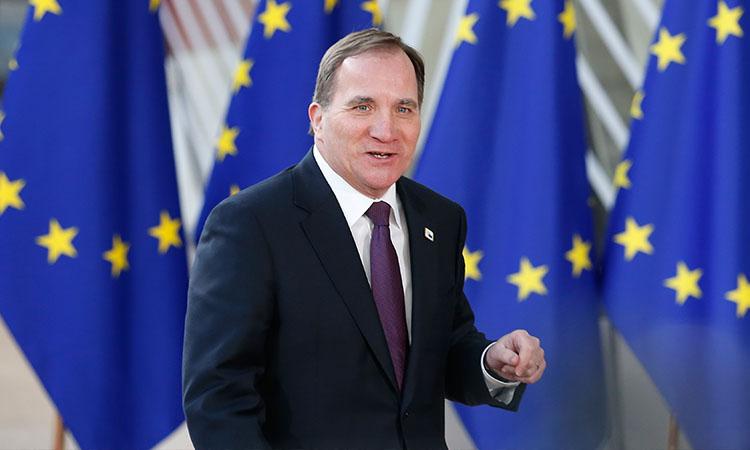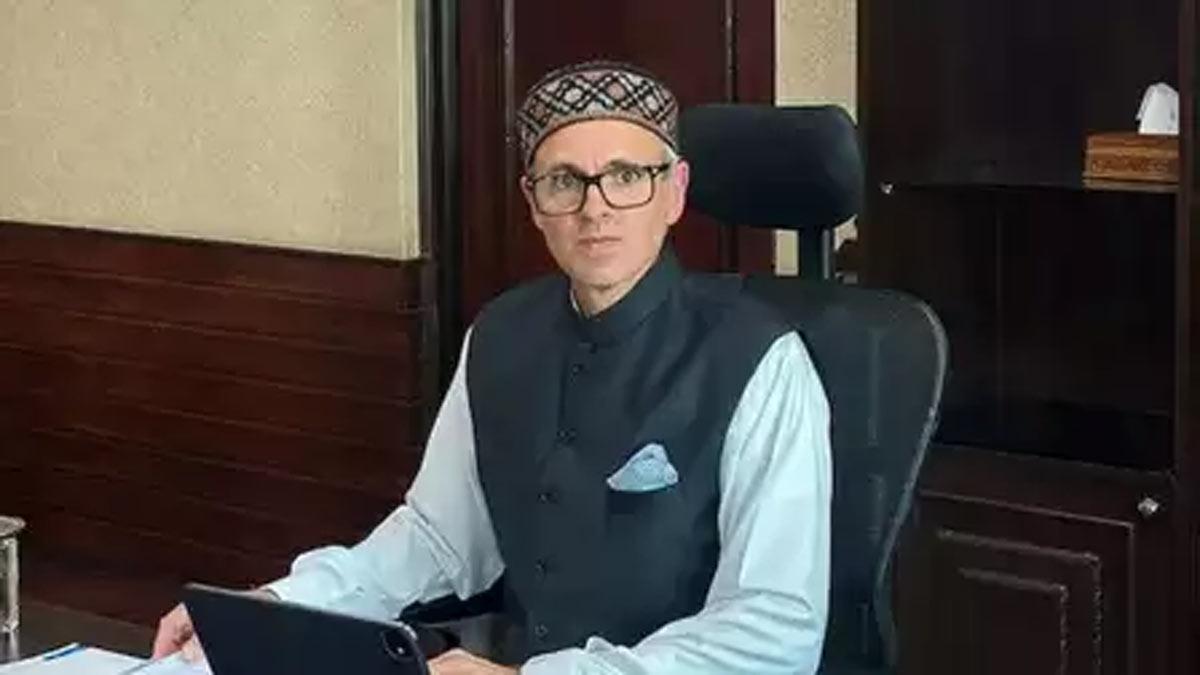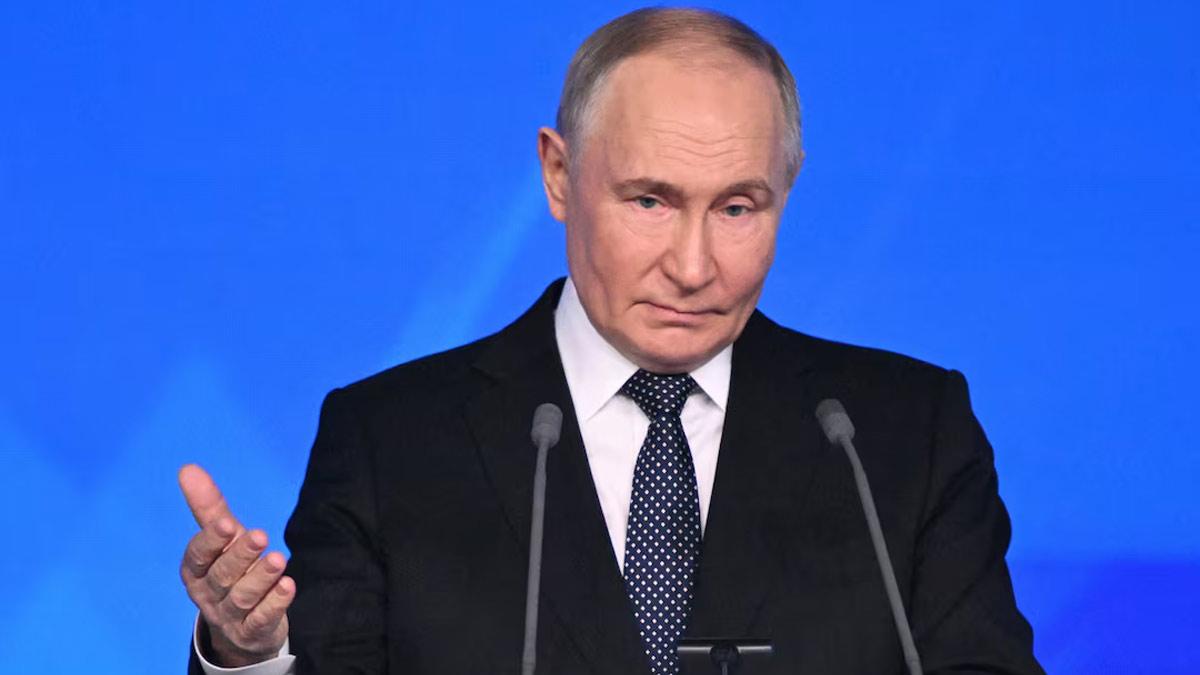Swedish Prime Minister Stefan Lofven has been ousted in a no-confidence vote in Parliament, as a majority of lawmakers backed his departure.
On Monday, the 349-seat Parliament approved the no-confidence motion with 181 affirmative votes, more than the required 175 votes, reports Xinhua news agency.
Meanwhile, 109 voted against, and 51 abstained.
Lofven thus became the first sitting Prime Minister to be ousted in a no-confidence vote in Sweden's history.
Also Read | US announces sharing plan for 55mn Covid vaccine doses
The no-confidence was brought up last week by the Left Party over plans by Lofven's Social Democrats to ease rent-controls over newly built rental apartments.
However, as the Left Party does not have the required number of parliamentarians to put forward such a motion on their own, it was eventually done by the anti-immigration party Sweden Democrats.
Conservative parties, the Moderates and the Christian Democrats, supported the motion even though they see a rental reform as necessary to solve the country's lack of housing.
Also Read | Centre-right party tops France's regional elections: Exit poll
Following the 2018 election, the Social Democrats formed a government together with the Greens after striking a deal with two minor liberal parties after four months of negotiations.
The ease of rent control was one of many demands made by these supporting parties.
Lofven's ousting left the country in political uncertainty just 15 months before the next general election.
Now there are two possible outcomes according to the Swedish Constitution.
Lofven now has one week to decide whether to call a snap election, which has to be held within three months.
Should he decide not to, Parliament Speaker will be tasked with forming a new government based on the election result in 2018.
Whatever the outcome, the next government will rule until September 2022 when the next general elections are held.
However, the most recent opinion polls indicated that the result of a snap election might make it equally hard to form a new government.
"We will now ponder which route to take," Lofven said at a press conference following the parliamentary session.


















